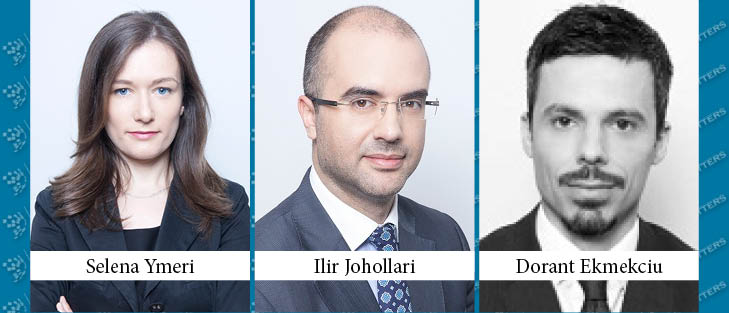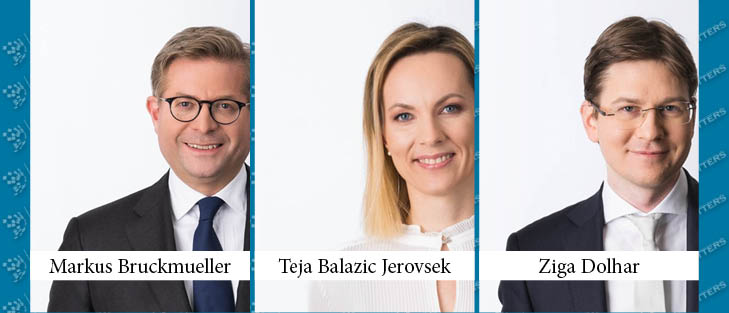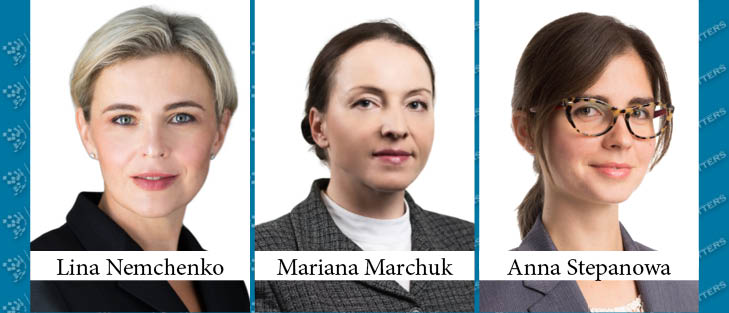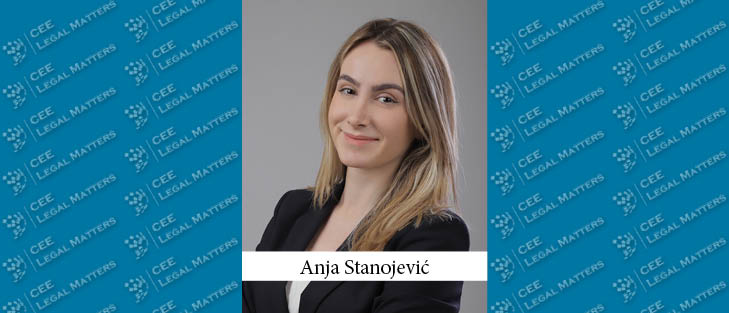Recently, the Parliament of Montenegro has amended the labour regulations by adopting two amendments to the Labour Law in August and September 2024, and by adopting the amendments to the Law on Contributions for Mandatory Social Insurance in September 2024.
Former DLA Piper Ukraine Partners Establish Imagine Lawyers
Former Kinstellar Ukraine Partners Margarita Karpenko, Alla Kozachenko, Galyna Zagorodniuk, and Illya Sverdlov have established Imagine Lawyers.
Cristina Rosu, Irina Stanica, Dragos Nicolae Iamandoiu, and Calin Dragoman Make Partner at KPMG Legal - Toncescu si Asociatii
KPMG Legal - Toncescu si Asociatii has promoted Cristina Rosu, Irina Stanica, Dragos Nicolae Iamandoiu, and Calin Dragoman to Partner.
Three New Partners at Hoxha, Memi & Hoxha
Hoxha, Memi & Hoxha has promoted Selena Ymeri, Ilir Johollari, and Dorant Ekmekciu to Partner.
Employees’ Right to Disconnect in Slovenia
The right to disconnect entitles employees not to be at the employer’s disposal during rest periods and other justified absences.
New Termination Ground and Requirements for Internal Labor Regulations (Employee Handbook)
On 27 September 2024, the Law of Ukraine "On Amendments to the Labor Code of Ukraine on Establishing Additional Grounds for Termination of Employment Agreements at the Initiative of the Employer and Certain Other Issues" No. 3768-IX dated 4 June 2024 ("Law") (with certain exceptions) will come into force.
Increase in the Minimum Salary Effective January 1, 2025
The Social and Economic Council of the Republic of Serbia passed the Decision on the amount of the minimum salary for the year 2025. The Decision was published in the Official Gazette of the Republic of Serbia No. 74/2024 on September 4, 2024.






















